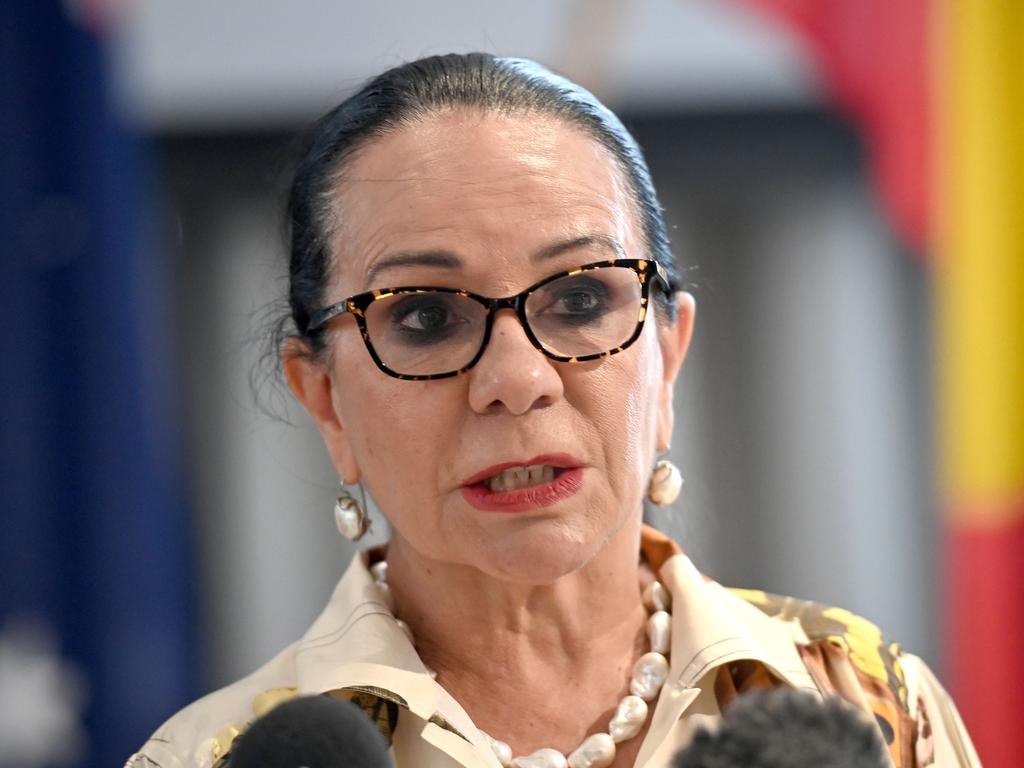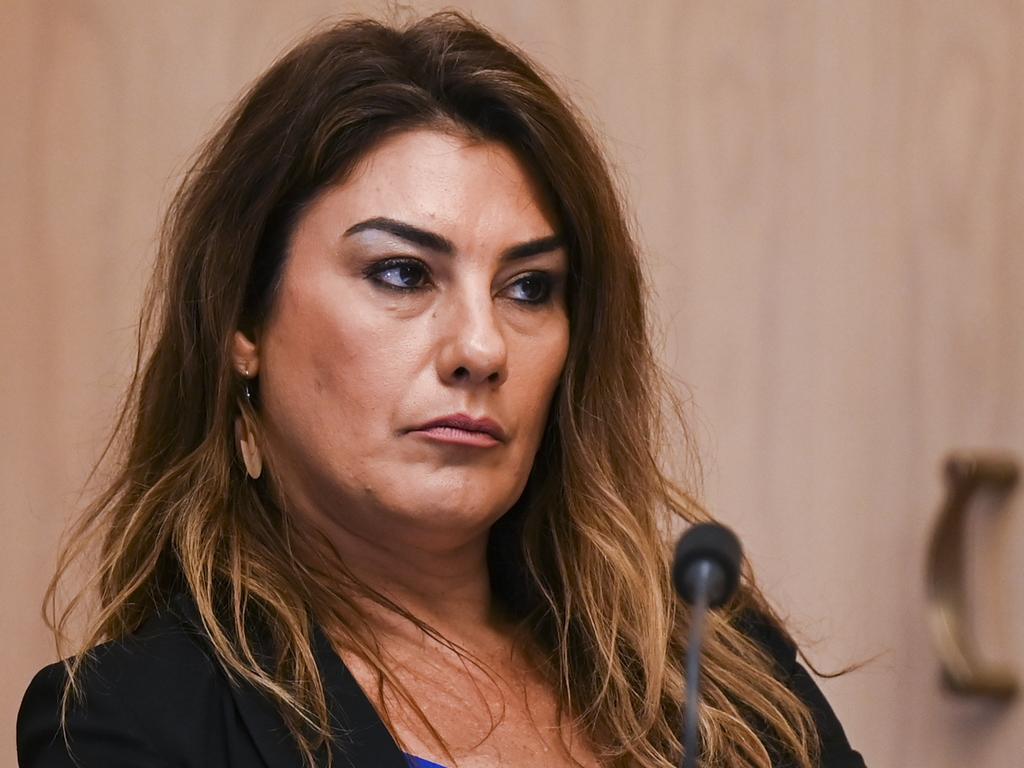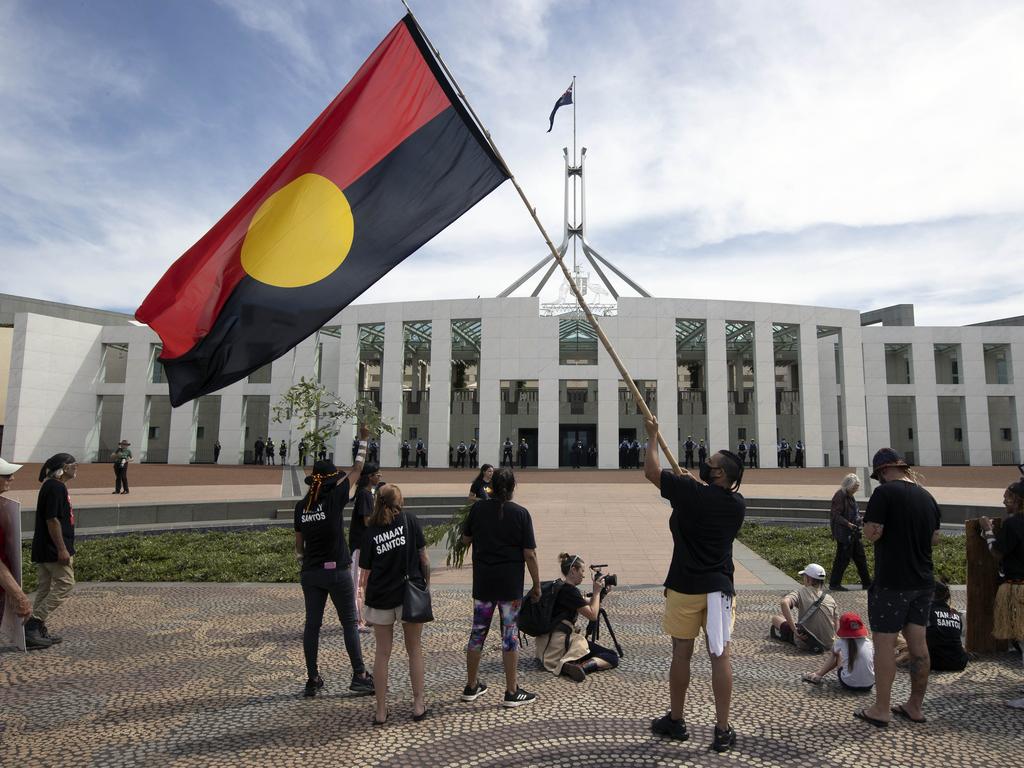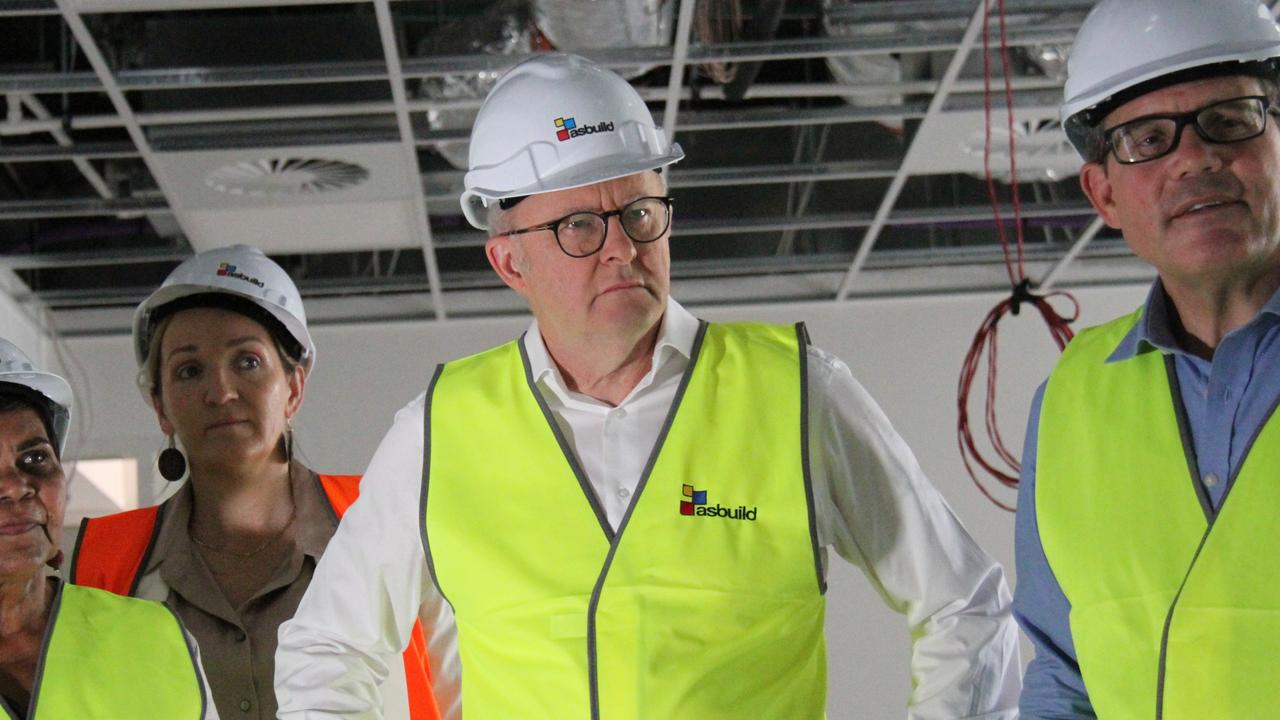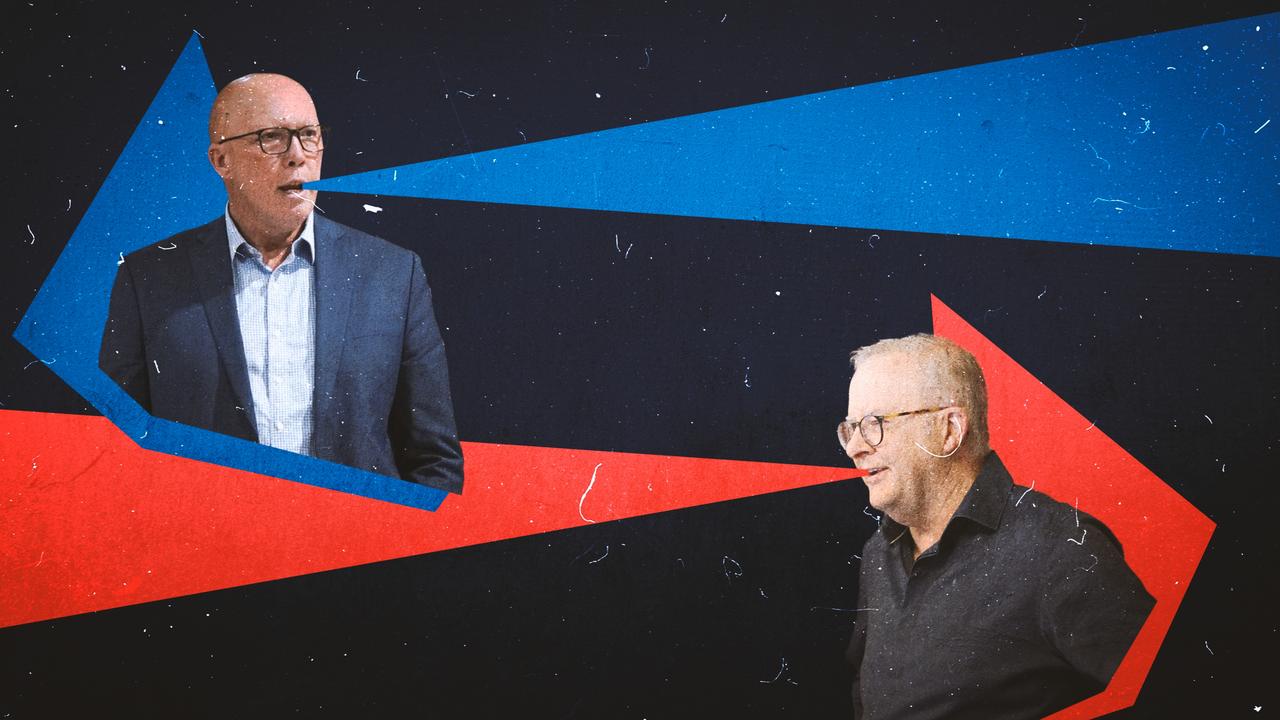Burney: we’ll stick to voice mandate
Indigenous Australians Minister Linda Burney says the government won’t legislate the voice before a referendum is held later this year.
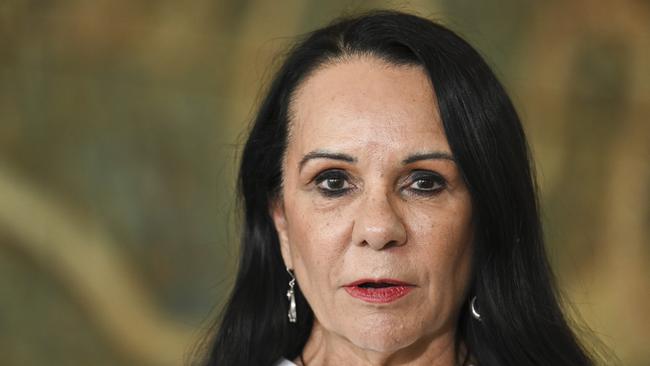
Indigenous Australians Minister Linda Burney has ruled out any attempt to legislate the voice before a referendum later this year and declared the government was given a mandate to put the historic constitutional change to the people.
Conceding the Albanese government was “not complacent about the scale of the challenge that lies ahead”, Ms Burney insisted Labor had put the “right processes” in place to ensure it was getting the “best possible advice on the way forward”.
Labor sources said these processes – via the referendum working group and engagement group advising government – would deal with all the questions being asked about how the voice would work.
Facing increased attacks from the Coalition over a lack of detail and a new demand from Peter Dutton for a draft bill to be unveiled ahead of the referendum, Ms Burney reaffirmed the advisory body would not administer funding, would not deliver programs and would not have a veto power over federal parliament.
“Recent calls for a voice to be legislated instead of constitutionally enshrined ignore the wishes of the more than 1200 First Nations leaders who took part in nationwide consultations that led to the Uluru Statement from the Heart,” Ms Burney writes in The Australian on Monday.
“They also ignore the mandate the government has from the Australian people.
“The Prime Minister went to the last federal election with a clear commitment to implement the Uluru Statement from the Heart, including holding a referendum on the voice to parliament.
“He declared his commitment to implement the Uluru Statement, at almost every speech and rally during the election campaign.
“Australians voted for change. It begs the question: If the opposition is so set on a legislated voice – why didn’t it do this during its nine years of government?”
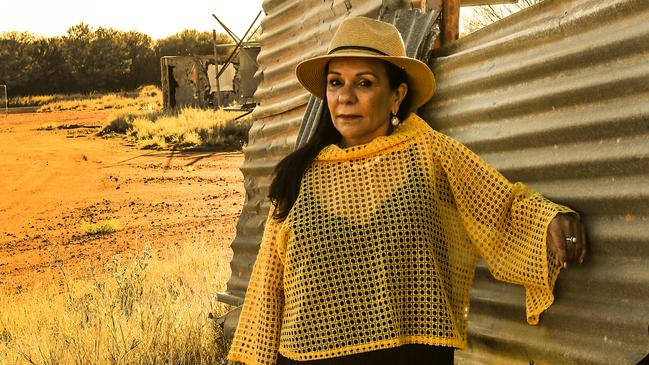
The staunch defence of the voice marks Ms Burney’s first major contribution to the debate this year and since the Coalition launched several political attacks on the advisory body earlier this month while Ms Burney was on leave.
The Opposition Leader wrote to the Prime Minister one week ago calling for answers to 15 questions about “what, who, where, when and how” the voice would work, amid warnings the government would be making a “catastrophic mistake” if it failed to release clear information.
With the referendum due in the second half of 2023, Ms Burney revealed no new detail on Monday but said decades of government policies had not worked and it was time to do things differently “and finally shift the dial”.
“A voice for Aboriginal and Torres Strait Islander peoples is the best chance we have to create the much-needed structural change that will create a better future,” she writes.
“With each generation there is a greater understanding and respect for Aboriginal and Torres Strait Islander Australians our history and our culture. Let’s write the next chapter in Australia’s history by voting yes for the voice in 2023.”
The Liberal Party is still deciding its positions on the voice referendum and legislation to amend the Constitution, with MPs divided over whether they should campaign for Yes or No.
There are calls for MPs to be granted a conscience vote as several Liberals, such as Tasmanian Richard Colbeck, have been unable to reach a position.
“I’m quite positively disposed towards getting an appropriate process in place but I don’t think the government will put something up that people will support,” Senator Colbeck said.
“There’s nothing that’s clear, there’s nothing that’s succinct, there’s nothing that says what’s going to be done.
“Because there isn’t, it creates a level of doubt I think will result in something that people aren’t confident about.
“If the government wants this to work they have to be prepared to put in the effort and genuine consultation with the opposition and the broader community to make it work, and they’re not doing it.
“They’re taking this as a winner-takes-all exercise. I think they’re going to lose a genuine opportunity.”
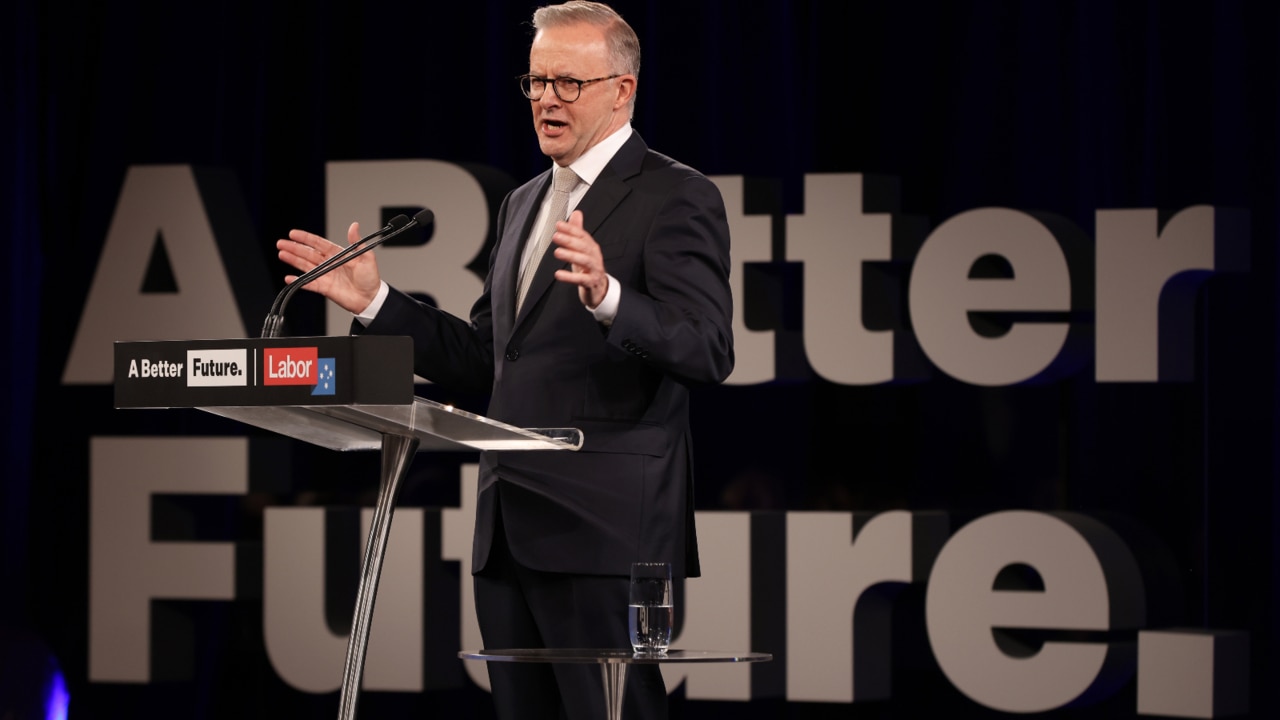
South Australian senator Kerrynne Liddle, the first Indigenous federal MP in her home state, said no one should form a position on the voice until they understood the answers being asked by the Opposition Leader, including on risk versus reward.
“At this point, I think we are still a long way from an informed vote of support – whether that’s people, politicians, the churches or corporates – let alone for a vote to change our Constitution,” Senator Liddle said.
Fellow SA senator Alex Antic said he would lend his voice to a broad No campaign if the referendum proceeded.
“I cannot imagine how a detailed explanation of the voice would ever make the concept of dividing Australians by race a palatable one,” he said. “I do not support a referendum on the voice and it is my hope that the Liberal Party will oppose it.”
University of NSW constitutional law expert Gabrielle Appleby said last month there were risks associated with calls for granular detail about the voice, as it could unwittingly “de facto entrench” a model. This could be used to later argue the model could not be altered as needed.


